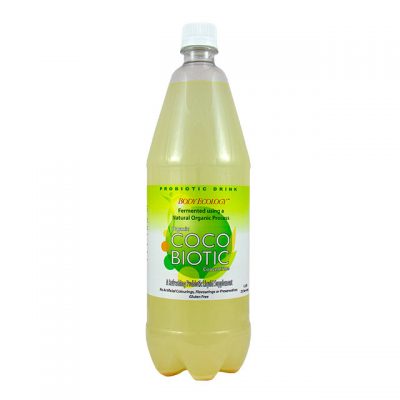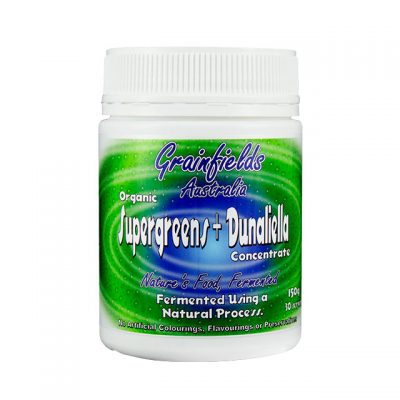Some cholesterol is needed for our bodies to function as it helps make cell membranes, hormones, and vitamin D. The cholesterol in our blood comes from two sources, the foods we eat and from our liver, which produces cholesterol.
Cholesterol is a waxy fat like substance which is carried through the blood, attached to proteins. This combination of proteins and cholesterol is called a lipoprotein which comes in 2 types:
High-density lipoprotein (HDL). HDL, known as the “good” cholesterol. HDL picks up excess cholesterol in the blood and transports it back to the liver where it is broken down and removed.
Low-density lipoprotein (LDL). LDL, known as the “bad” cholesterol, transports cholesterol particles throughout the body. High levels of LDL cholesterol can increase our risk of heart disease, by causing fatty deposits in our blood vessels. Over time, these deposits narrow the arteries and make it difficult for blood to flow through. When a clot forms and gets stuck in the narrowed space, it may cause a heart attack or stroke.
It is well known that an imbalanced microbiome can be the cause of many health issues and diseases. Research on gut health is not a new science, it has been around since the early 1900s when Russian scientist Metchnikoff developed his theory that toxic bacteria in the gut accelerated the aging process, and that the longevity of Bulgarian peasants was due to lactic acid bacteria in their fermented foods. So, understanding the many roles of the gut microbiome in the body is a widely studied area of research. One recent area of interest to researchers is how a healthy microbiome might have an influence on lowering LDL cholesterol and reducing the risk of heart disease.
A study conducted in 2020 produced some evidence that the gut microbiota may lower cholesterol by converting cholesterol into coprostanol, reducing the amount of cholesterol absorbed in the intestine. *1) In this study researchers found that some bacteria in the human intestinal microbiota possess enzymes belonging to the IsmA family which are capable of breaking down cholesterol. People with these enzymes excreted significantly less cholesterol in their faeces and had lower blood cholesterol levels than people who didn’t carry that bacterial gene.
Other studies have found that consuming lactic acid fermented foods inhibits cholesterol synthesis enzymes, reducing the production of cholesterol. The beneficial bacteria in fermented foods bind with cholesterol decreasing the absorption of cholesterol back into the body. Lactic acid bacteria break down liver bile acids. Bile acids assist body in digesting fats, and the liver produces these bile acids from cholesterol. The liver recycles bile acids and reuses them over and over. Because lactic acid bacteria break down bile acids, the liver has to make additional bile acids, using up more cholesterol in the process.
Although research in this area still needs further investigation, it pinpoints how the microbiome can influence cholesterol levels in the body. It also hints that finding ways to boost populations of beneficial gut bacteria, through prebiotic and probiotic supplements, or a diet including fermented foods may also be an effective way to help lower cholesterol levels.
Sources: *1) Kenny DJ, Plichta DR, Shungin D, Koppel N, Hall AB, Fu B, Vasan RS, Shaw SY, Vlamakis H, Balskus EP, Xavier RJ. Cholesterol Metabolism by Uncultured Human Gut Bacteria Influences Host Cholesterol Level. Cell Host Microbe. 2020 Aug 12;28(2):245-257.e6. doi: 10.1016/j.chom.2020.05.013. Epub 2020 Jun 15. PMID: 32544460; PMCID: PMC7435688.
Vourakis M, Mayer G, Rousseau G. The Role of Gut Microbiota on Cholesterol Metabolism in Atherosclerosis. Int J Mol Sci. 2021 Jul 28;22(15):8074. doi: 10.3390/ijms22158074. PMID: 34360839; PMCID: PMC8347163.
health.harvard.edu/heart-health/gut-check-how-the-microbiome-may-mediate-heart-health4) Saini R, Saini S, Sharma S.
Potential of probiotics in controlling cardiovascular diseases. J Cardiovasc Dis Res. 2010 Oct,1. :213-4. doi: 10.4103/0975-3583.74267. PMID: 21264188; PMCID: PMC3023901.
Wu H, Chiou J. Potential Benefits of Probiotics and Prebiotics for Coronary Heart Disease and Stroke. Nutrients. 2021 Aug 21;13(8):2878. doi: 10.3390/nu13082878. PMID: 34445037; PMCID: PMC8401746.





